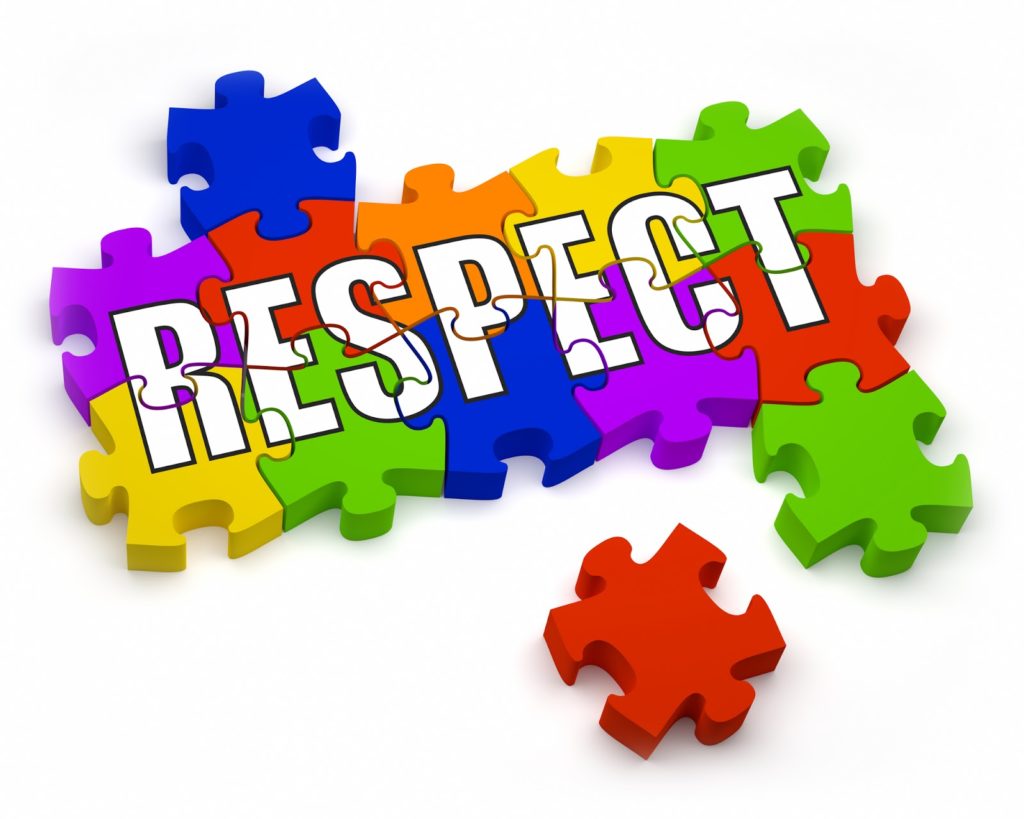Every parent wants to raise a respectful child, but respect can be a challenge for kids. It takes time and effort to cultivate respect in children.
When teaching respect, it’s important to remember all three forms of respect. All three forms are essential to being an overall respectful person.
Today, we’ll talk about the three forms of respect and how you can teach them to your child.
Respect for Self
Self-respect is the foundation of respect. Without respecting yourself, you will not be able to respect others. Children must learn to respect themselves. This means:
- Positive self-talk.
- Taking care of oneself physically, emotionally, mentally.
- Being able to identify and walk away from people or things that are disrespecting you.
- A sense of self-worth and knowing your value.
Teaching this starts as serving as an example. Show your self-respect. Do not speak negatively about yourself or pick apart your flaws in front of your child. If you make a mistake talk about it as a learning opportunity, not a failure. Pay attention to how your child speaks to himself as well. If you notice a lack of respect, remind him of the importance of respect and help redirect the statement to be respectful.
Respect for Others
Next, you must respect other people. For children, this especially means adults, but it also applies to peers as well. Respecting others includes:
- Appropriate language. No name-calling or profanities toward others.
- Allowing others to express a differing opinion.
- Treating others kindly. No bullying.
- Displaying manners.
- Looking people in the eyes when they speak.
- Not talking over others.
Again, lead as an example. Secondly, begin early. Most people understand that toddlers are not aiming to be “disrespectful” by throwing a tantrum. However, once your child calms down explain how their actions may be disrespectful. Talk about what respect means and looks like. The great old saying “treat others as you want to be treated” goes a long way in helping kids understand. Let children know when they are doing a great job showing respect as well.
Respect for Other People’s Property
Lastly, children must also learn to respect other people’s property. They should treat borrowed items as well as their own. This includes library materials, things they borrow from you/an adult, and items that other kids share with them (including their siblings’ property!).
Remind kids of how they would want their items treated. Set clear expectations for how borrowed items should be handled and cared for. Start in your home, focusing on how your kids treat each other’s property. Praise your child when they do a great job of respecting other people’s property.
When kids understand and practice the three forms of respect above, they will be able to demonstrate respect in most life situations. While it takes time, effort, and reminders, teaching respect in children will help them be kind, successful members of society.







